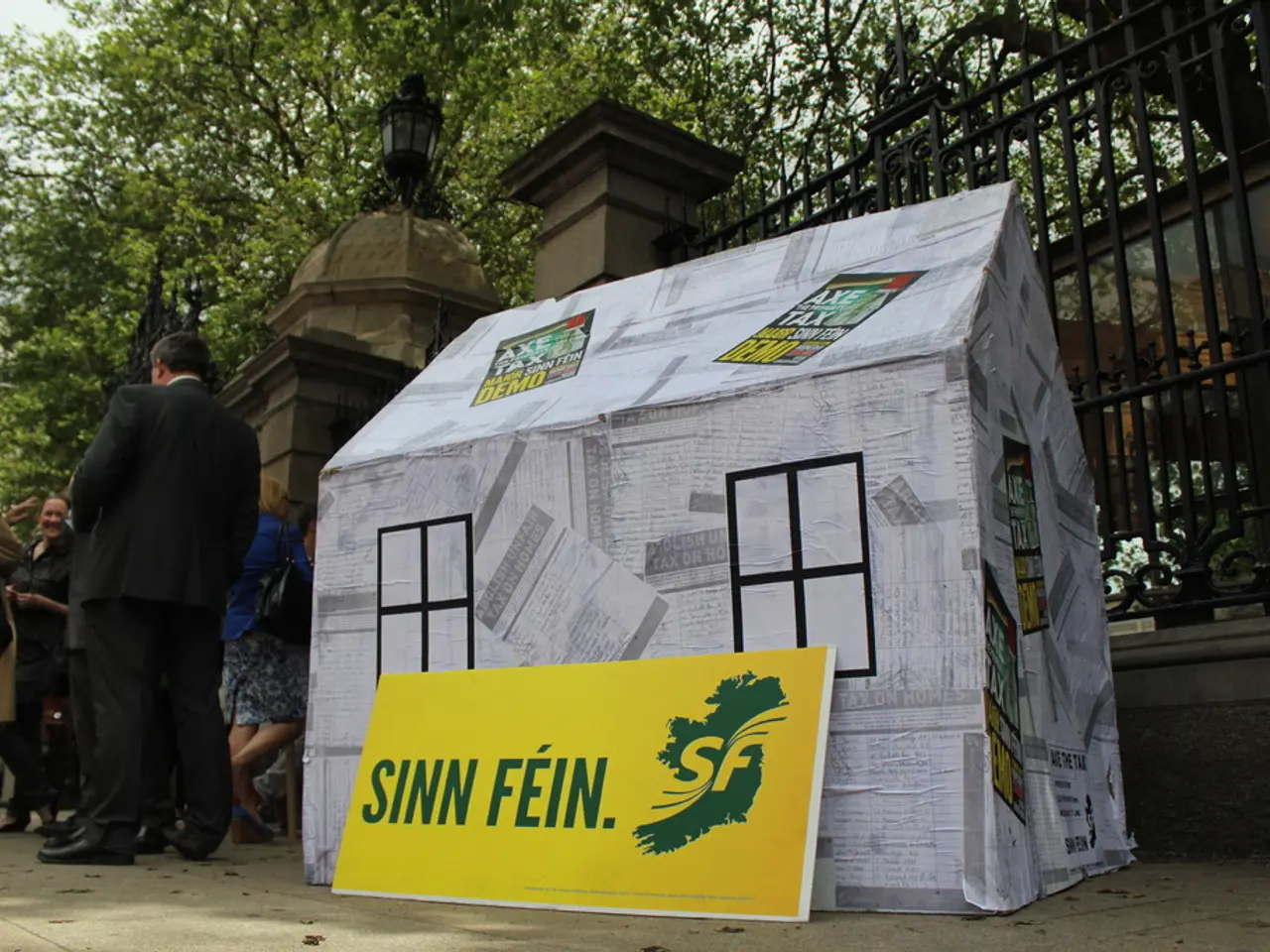Rise in studio and 1BHK rents in Dubai following the clampdown on unauthorized partitioning
The Dubai Municipality's recent crackdown on illegally modified properties has brought more transparency to the rental market, but it has also caused a ripple effect across the emirate. The enforcement, which began in June, targeted areas such as Al Rigga, Al Muraqqabat, Al Satwa, and Al Raffa, leading to a rise in demand for rental units in neighbouring emirates, particularly in Sharjah.
The crackdown has resulted in a shortage of affordable housing options in Dubai, with many former tenants relocating to more affordable areas like Al Nahda, Al Majaz, and Rolla in Sharjah. The demand for smaller, legal units in Dubai, particularly studios and one-bedroom apartments, has increased, leading to a rise in rental rates.
Landlords in Dubai are now preferring to rent to small families or corporate tenants, enforcing more rigorous tenant screening to avoid future violations. This shift in tenant profiles has led to a housing shortage and migration, with many expats and low-income workers moving to neighbouring emirates.
The increased demand for rental units in Sharjah has caused prices in Al Nahda to rise by 10 to 20% in some buildings since the Dubai crackdown. However, the demand for smaller units has led to stable or slightly increased rents in legal small-unit buildings.
The crackdown has encouraged legal rental practices and improved living standards in both Dubai and Sharjah. Landlords are passing the cost of compliance, renovations, and missed income on to future tenants by demanding higher rents. The removal of illegal units from the market is causing a market adjustment, shrinking the supply of affordable options and pushing up legal rent prices in budget-friendly areas.
Short-term leasing is becoming more common due to the displacement caused by the crackdown. Ayman Youssef, a real estate expert, predicts that the enforcement will drive demand for rental units in specific areas, as previously shared tenants will require individual units.
In conclusion, the Dubai Municipality's crackdown prioritizes safety and regulatory compliance but is reshaping the rental market by reducing low-cost shared housing options, thereby increasing rents for studios and one-bedroom units and displacing tenants to neighbouring emirates. The crackdown has also encouraged legal rental practices and improved living standards in both Dubai and Sharjah.
- The increase in demand for rental units in Sharjah, particularly in areas like Al Nahda, Al Majaz, and Rolla, is being driven by the Dubai Municipality's crackdown on illegally modified properties.
- The rise in rental rates in Dubai, due to a shortage of affordable housing options, is leading many tenants to consider Sharjah as a more budget-friendly alternative.
- As a result of the crackdown, landlords in Dubai are focusing on renting to small families or corporate tenants, which has created a housing shortage and migration of expats and low-income workers to neighbouring emirates.
- The removal of illegal units from the market and the subsequent rise in rents for studios and one-bedroom units in budget-friendly areas is a market adjustment, a result of the Dubai Municipality's crackdown on illegally modified properties.




